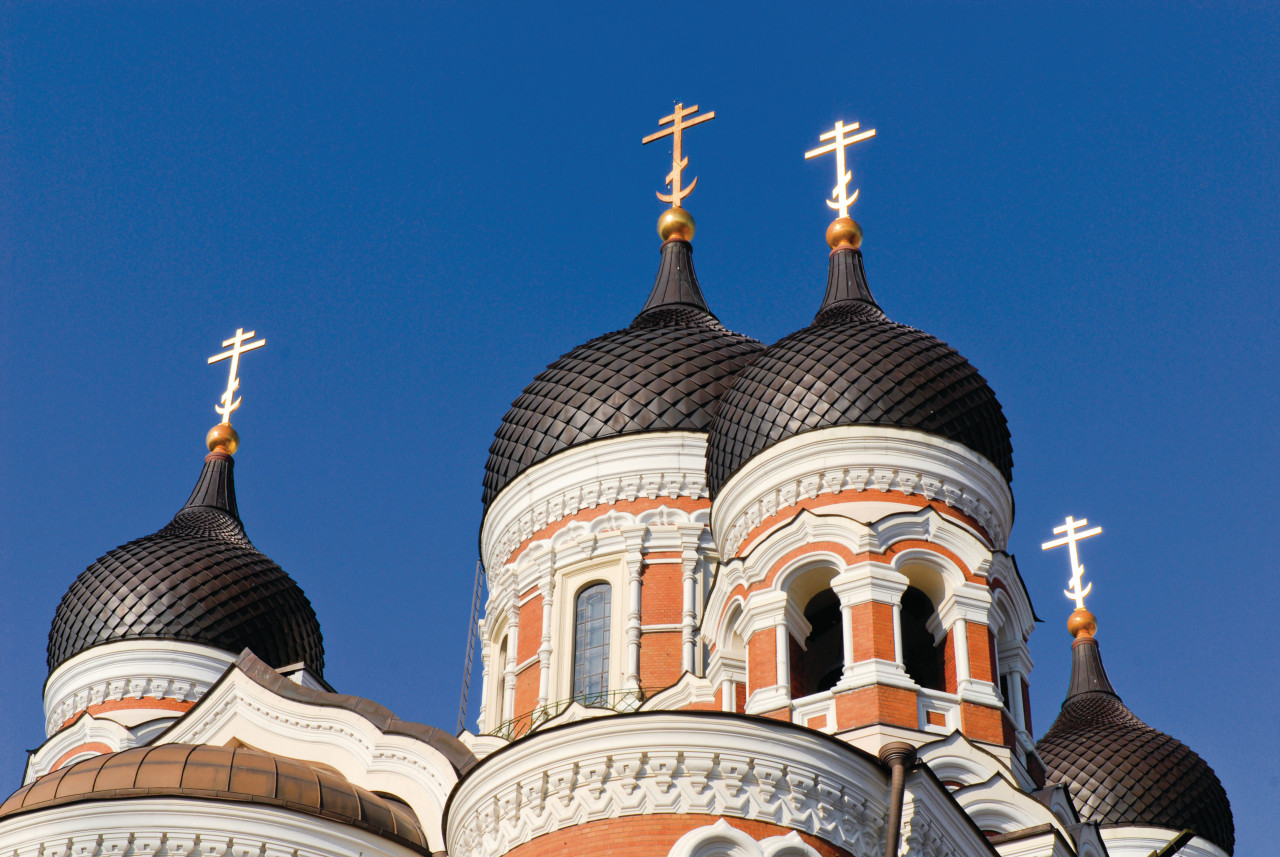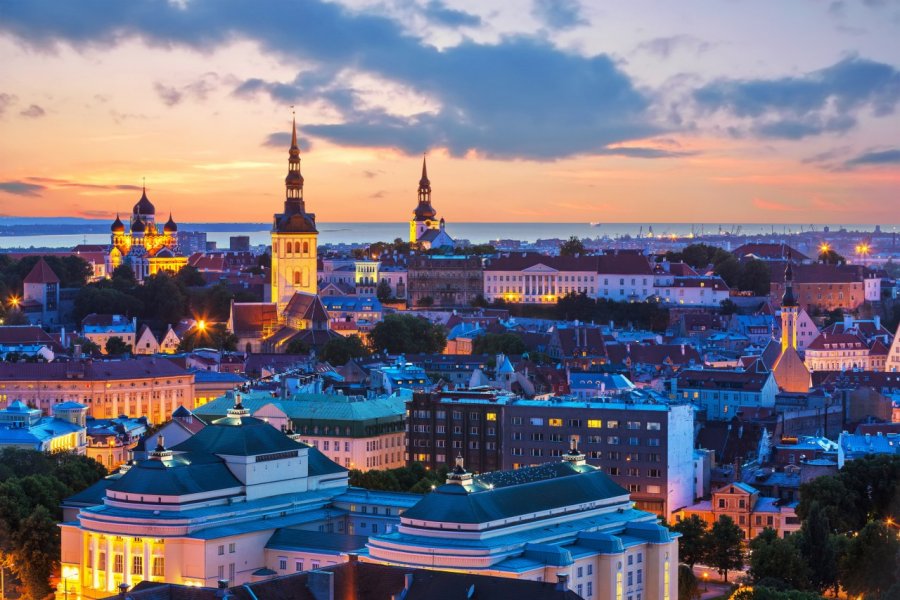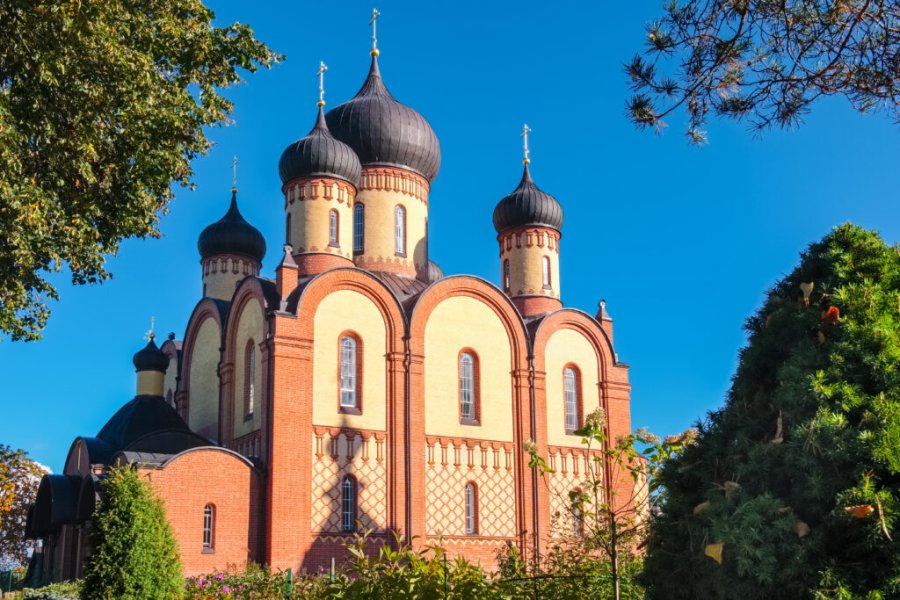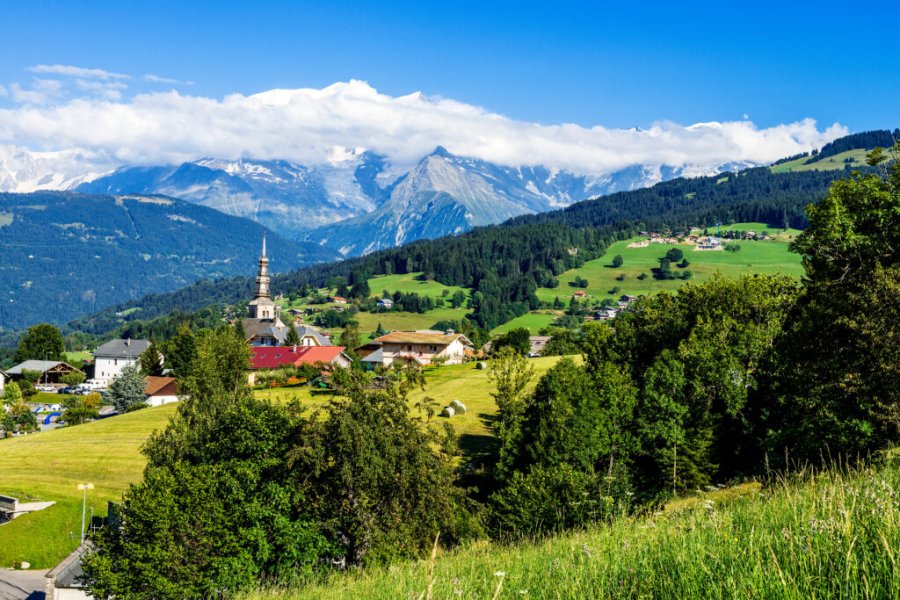Three weeks in the Baltic States
Highlights of the trip
During your stay you can enjoy the following highlights: Culture / Heritage, Faune and flora, Discovery, Adventure / Sports & Leisure, Free time, Relaxation / Well-being.
Best times to go
The best time(s) to go is/are : Printemps, Eté.
Petit Futé
Where to stay in : Tallinn ?
The map of your stay "Three weeks in the Baltic States"
Detail of the stay : Three weeks in the Baltic States
How to get there - Tallinn
Visit Tallinn
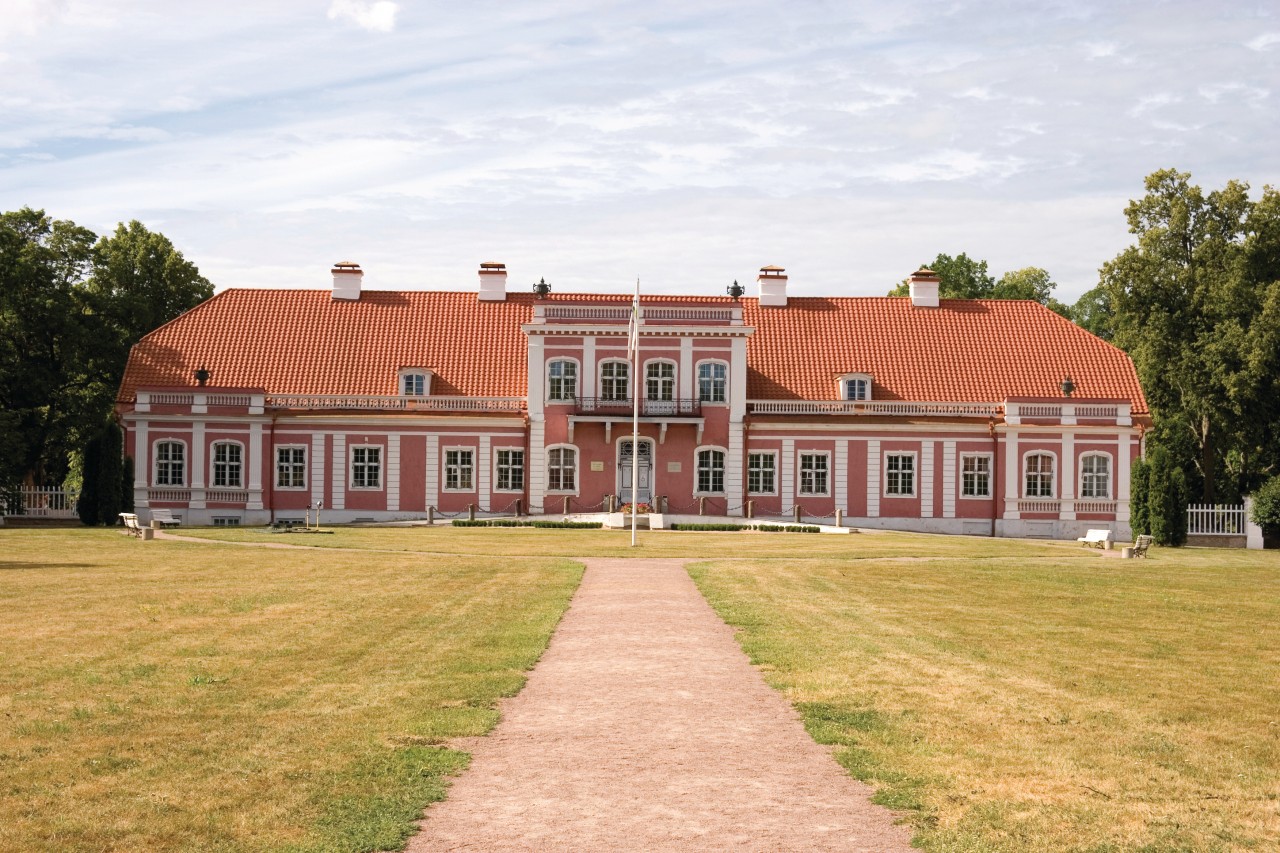
Steps: Tallinn
Start with a visit to the upper town(Toompea Hill). Once inside the Old Town, take Pikk Street to Toompea Hill. From the hilltop, a belvedere offers a magnificent panorama of Tallinn. Take a photo break before visiting the Alexander Nevsky Orthodox Cathedral and theDome Church. Leave Toompea to discover the lower town, the heart of which is Town Hall Square, the former Market Square. Then wander through the narrow streets and backyards to soak up Tallinn's medieval atmosphere. Be surprised by the Estonian cuisine on offer in the capital's restaurants. Take a trip to the west of the old town to visit the Kadriorg Palace and its museum. If you still have time, take a stroll along the nearby beach to enjoy the peace and infinity of the Baltic Sea.
Places of interest : PALAIS DE KADRIORG CATHÉDRALE ALEXANDRE NEVSKI ÉGLISE LUTHÉRIENNE DE LA VIERGE MARIE RUE PIKK
Lahemaa
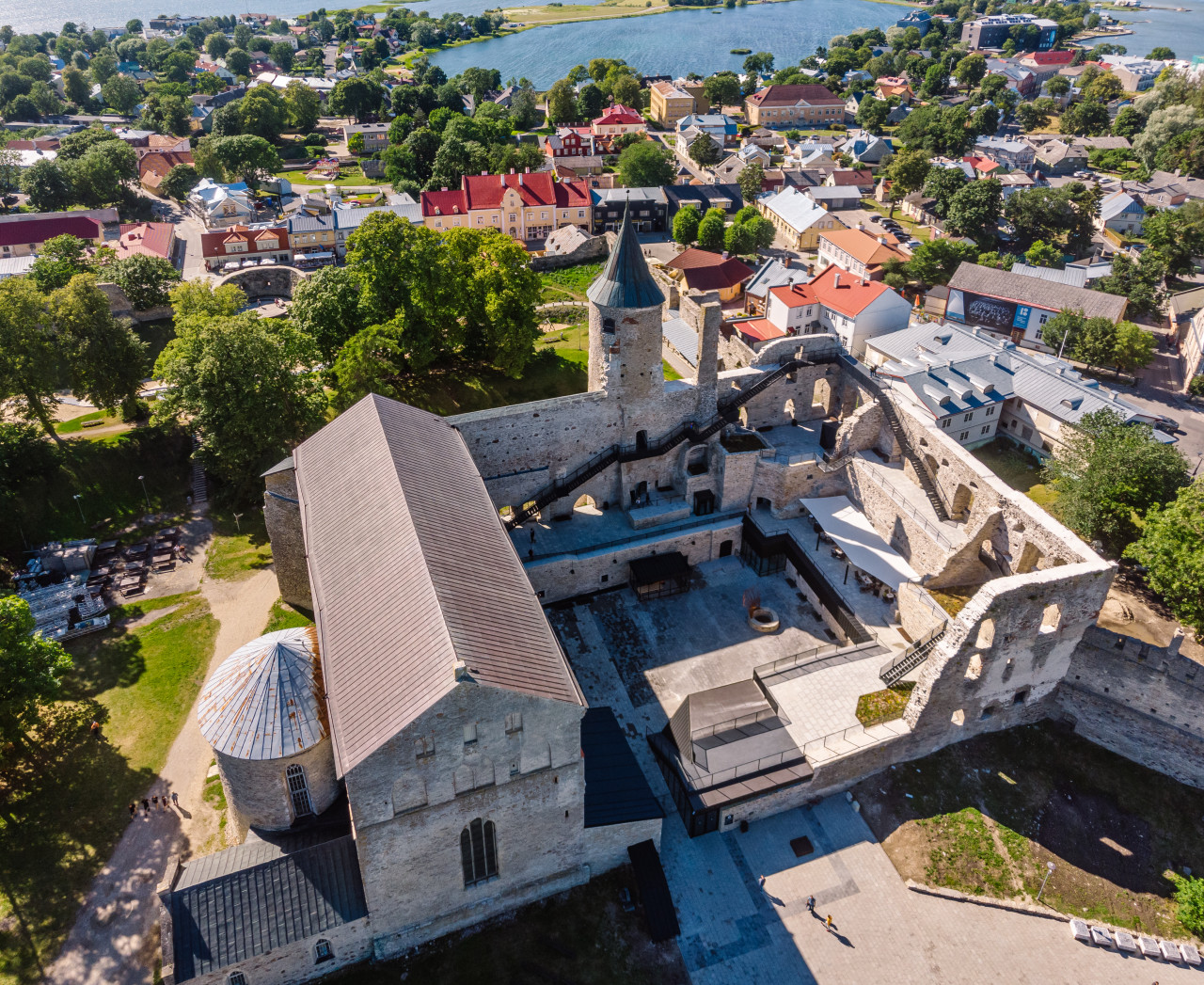
Steps: Võsu
Enjoy the exceptional fauna and flora of this park along the Baltic sea. And to enjoy the sea, stop in one of the small coastal towns of the park, Vosu and Loksa.
Haapsalu
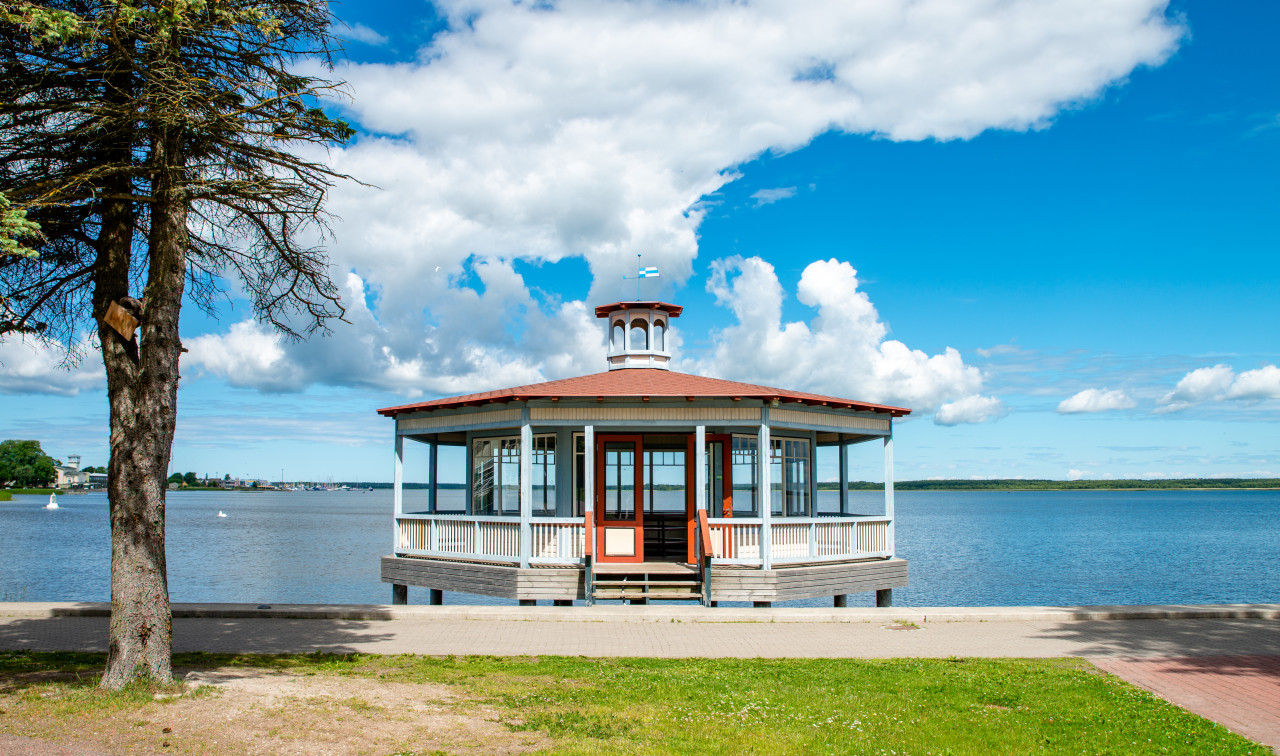
Steps: Haapsalu
In the seaside resort of Haapsalu, you can start your visit with the ruins of the Bishop's fortress, the Gothic cathedral, not to mention the station and the Kuursaal.
Hiiumaa Island
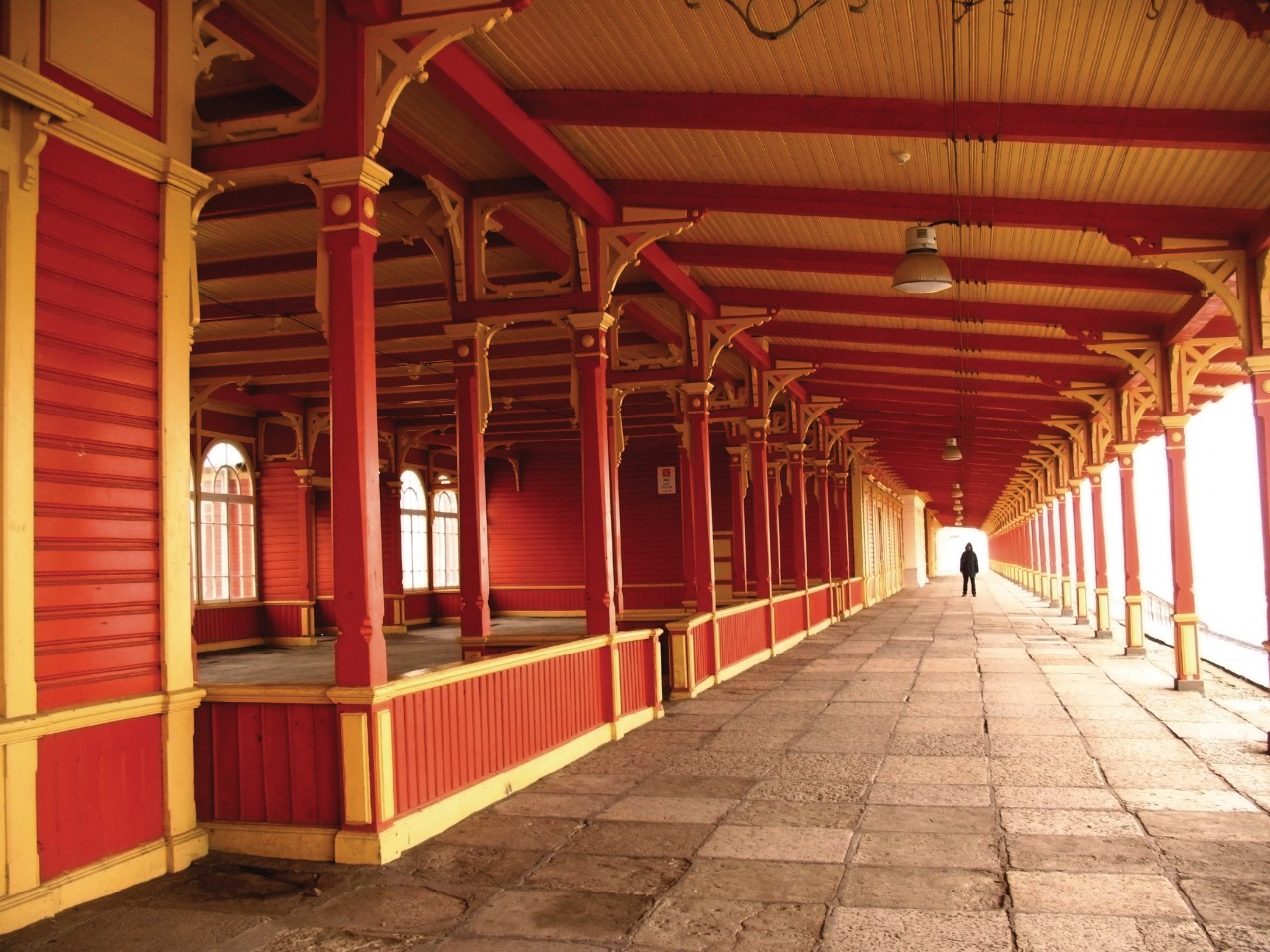
Steps: Haapsalu
Hiiumaa is surrounded by beaches (the most beautiful are to the northwest, the warmest near Kassari), while the interior is marshy and forested. From Heltermaa (east of Hiiumaa), a ferry runs between Rohuküla on the mainland (south-west of the town of Haapsalu) and the island of Hiiumaa. The islands of Hiiumaa and Saaremaa are only 5.5 km apart. From May to September, a ferry service links the two islands, from Orjaku (Hiiumaa) to Triigi (Saaremaa).
Saaremaa/Kuressaare Island
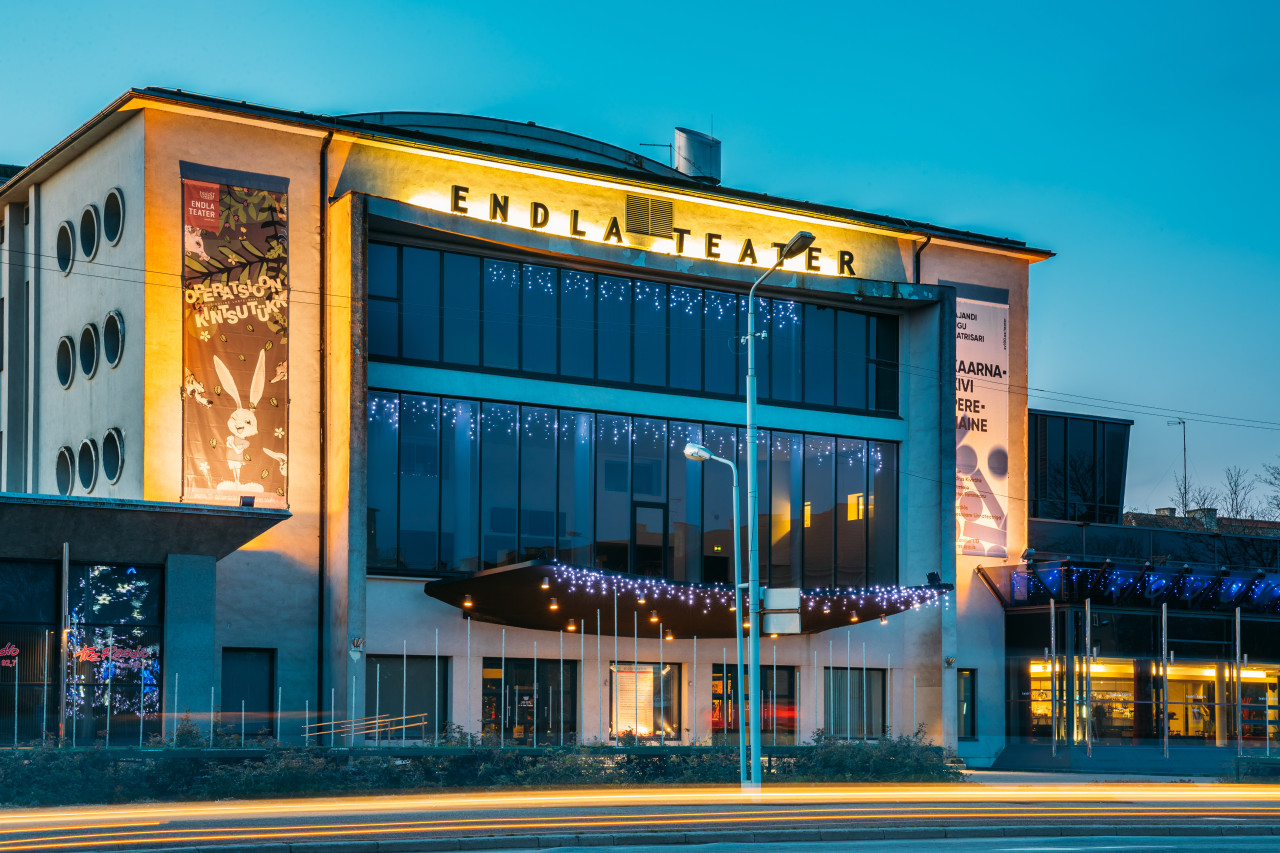
Steps: Kuressaare
Drive from Haapsalu to the island of Saaremaa. Discover the wild beauty of Saaremaa's unspoilt flora and fauna along the way to the island's capital, Kuressaare. Once in Kuressaare, stroll through the narrow streets of the old town.
Pärnu
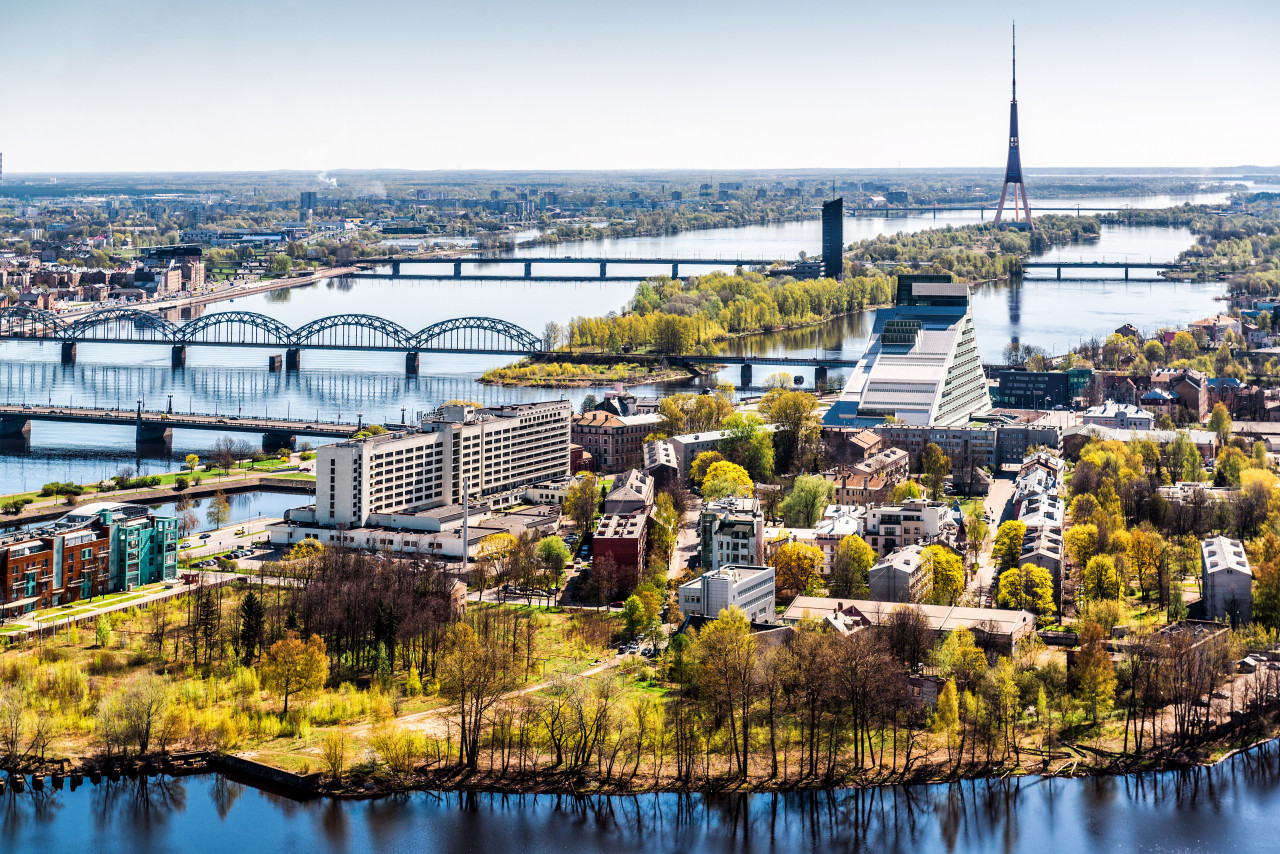
Steps: Pärnu
The town of Pärnu is Estonia's spa capital, home to temples of luxury and more modest establishments. Take time to soak your feet in the water while admiring the wooden summer architecture.
Road to Riga
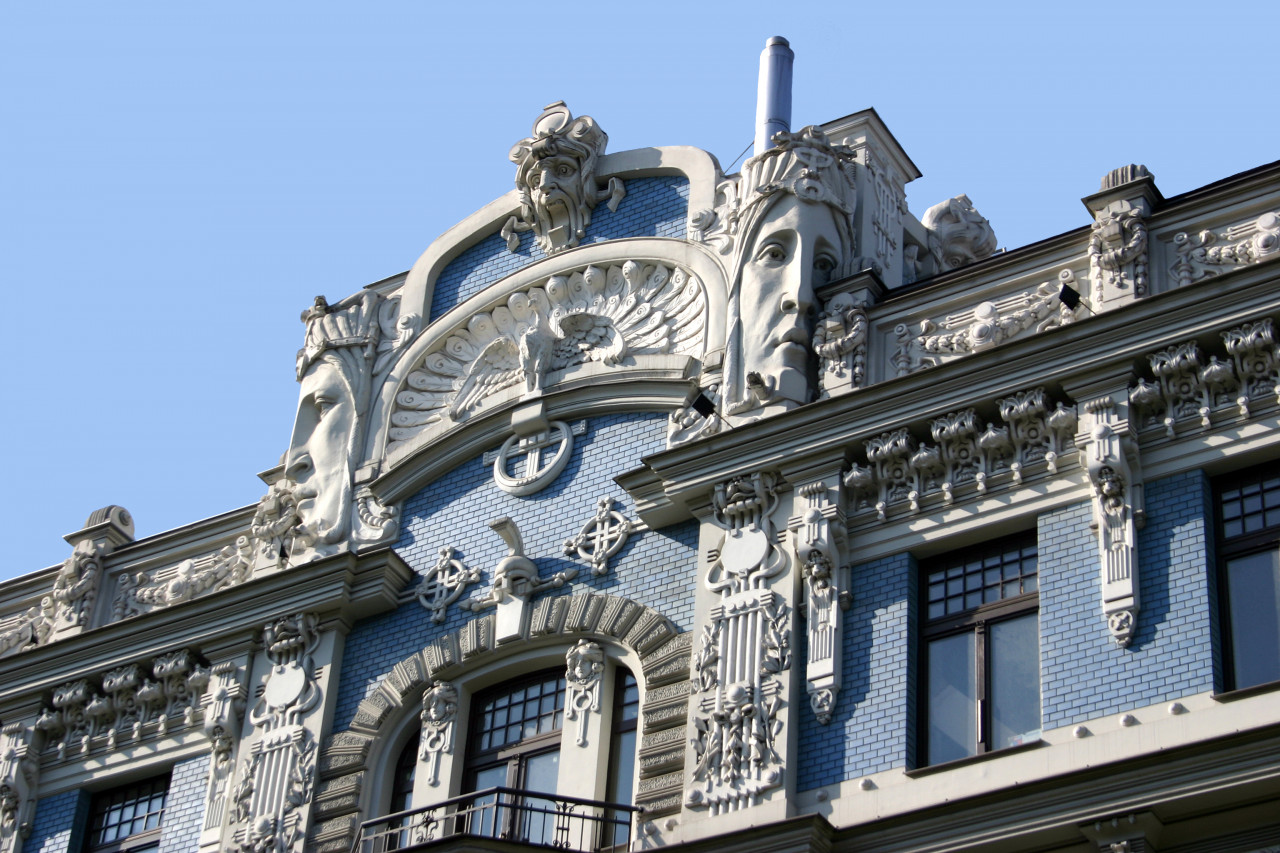
Steps: Rīga
Enjoy the sea again in Parnu, then head for the Latvian capital, Riga, at the end of the day. It's a 2? to 3-hour drive by car.
Visit Riga's Old Town
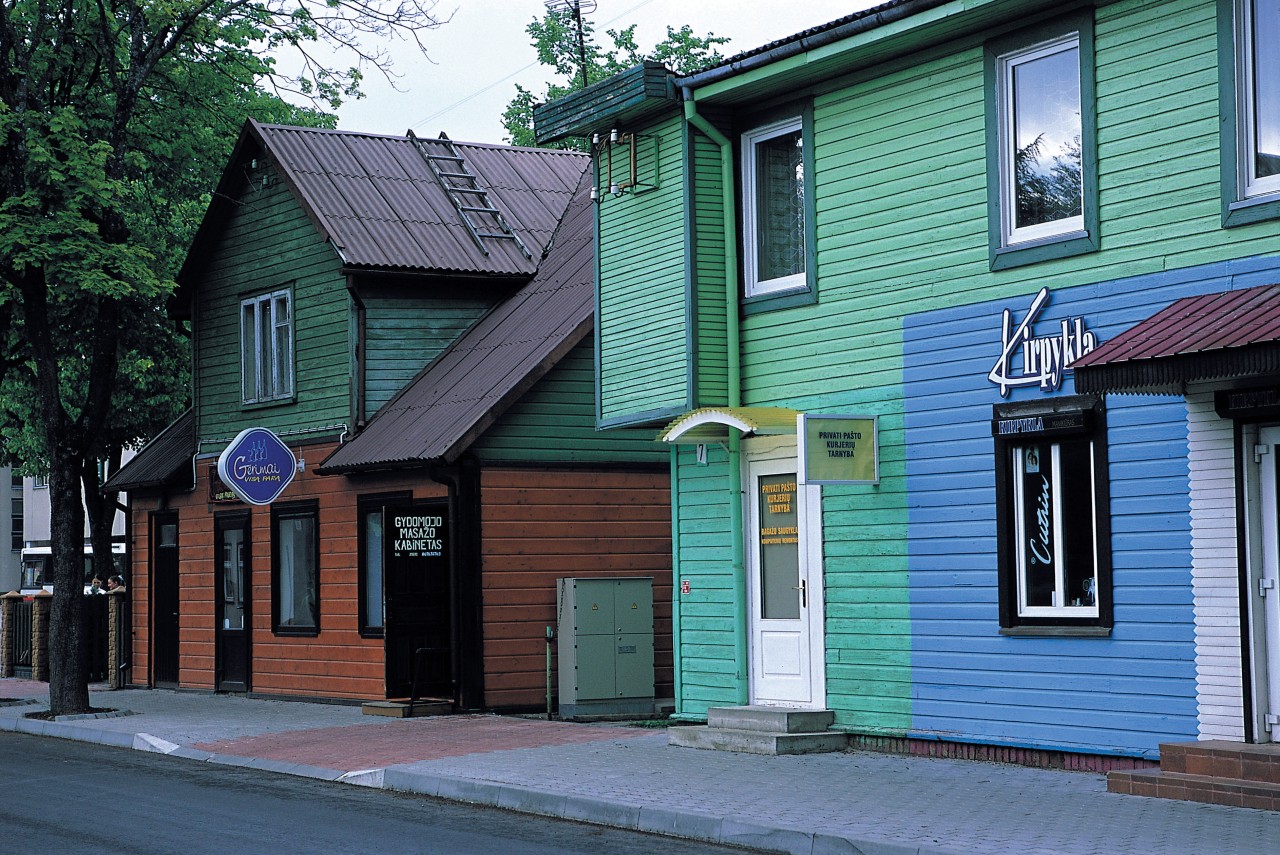
Steps: Rīga
Early in the morning, start by visiting the covered market halls (the largest in Europe). These are former zeppelin hangars. Enter the old town through the Camel Gate, a reminder of how caravans from Asia brought their goods to Riga. Then climb the bell tower of St. Peter's Church to admire the view over the city. Then take Skarnu Street to Dome Square, the center of the old town, home to the Dome Cathedral and one of Europe's finest organs. Stroll through the maze of streets that make up Riga's historic center and discover the many historic buildings of Old Riga.
Places of interest : ÉGLISE SAINT-PIERRE (SV. PĒTERA BAZNĪCA) CATHÉDRALE DE RĪGA (RĪGAS DOMS)
Riga, new town and Art Nouveau
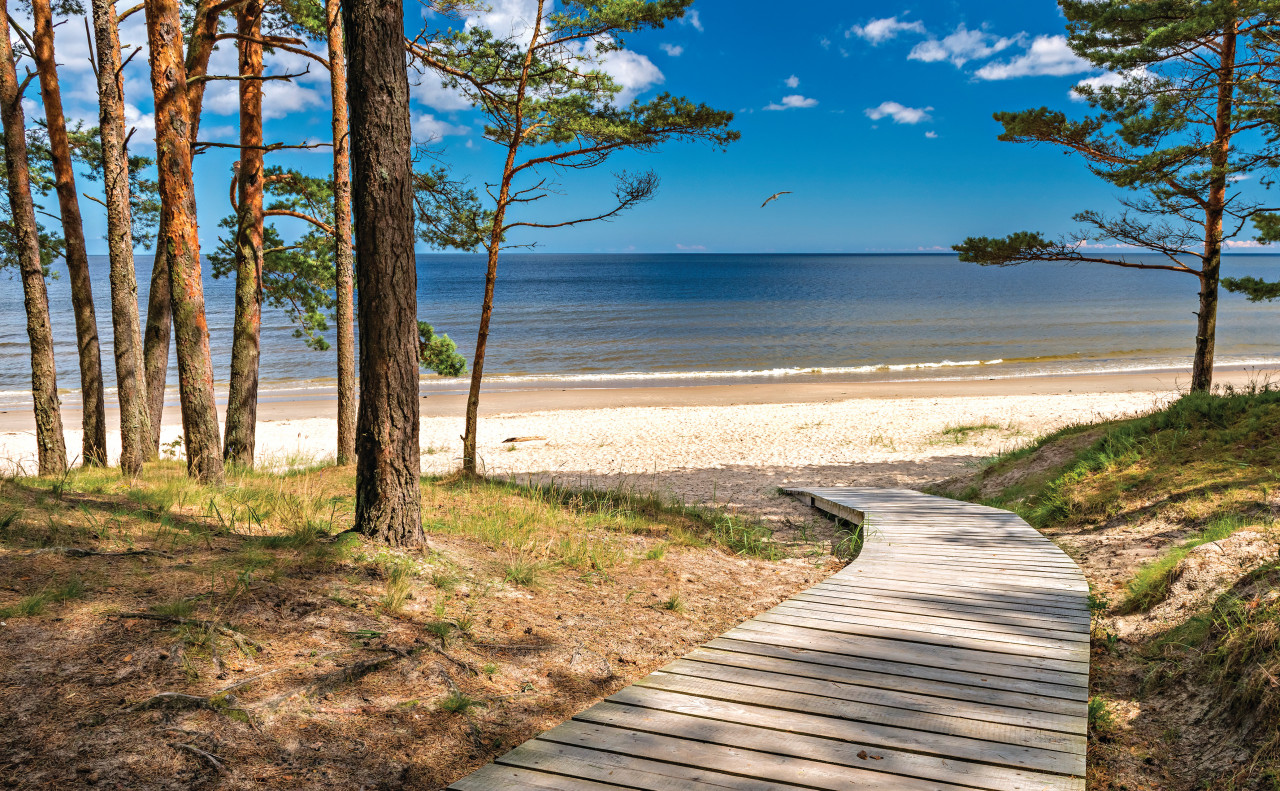
Steps: Palanga
Bordering the old town along Boulevard Basteja is the Opera House. Not far from the Opera House, on Rue Brivibas, the city's main thoroughfare, stands the Liberty Monument. Riga is known as the European city with the greatest number of Art Nouveau architectural masterpieces. A stroll along Rue Elizabetes (in the opposite direction to the station), where some of these buildings are concentrated, is a must. At the end of the street, on Calle Alberta, you'll find some of the city's finest Art Nouveau buildings. The entire street, with the exception of No. 12, was designed by Eisenstein, father of the famous film director. On the 26th floor of the Radisson Hotel Latvija, the Skyline Bar offers a panoramic view of the Old Town. Enjoy a cocktail as the sun sets..
Places of interest : MAISON-MUSÉE D'ANTANAS MONČYS
Jurmala
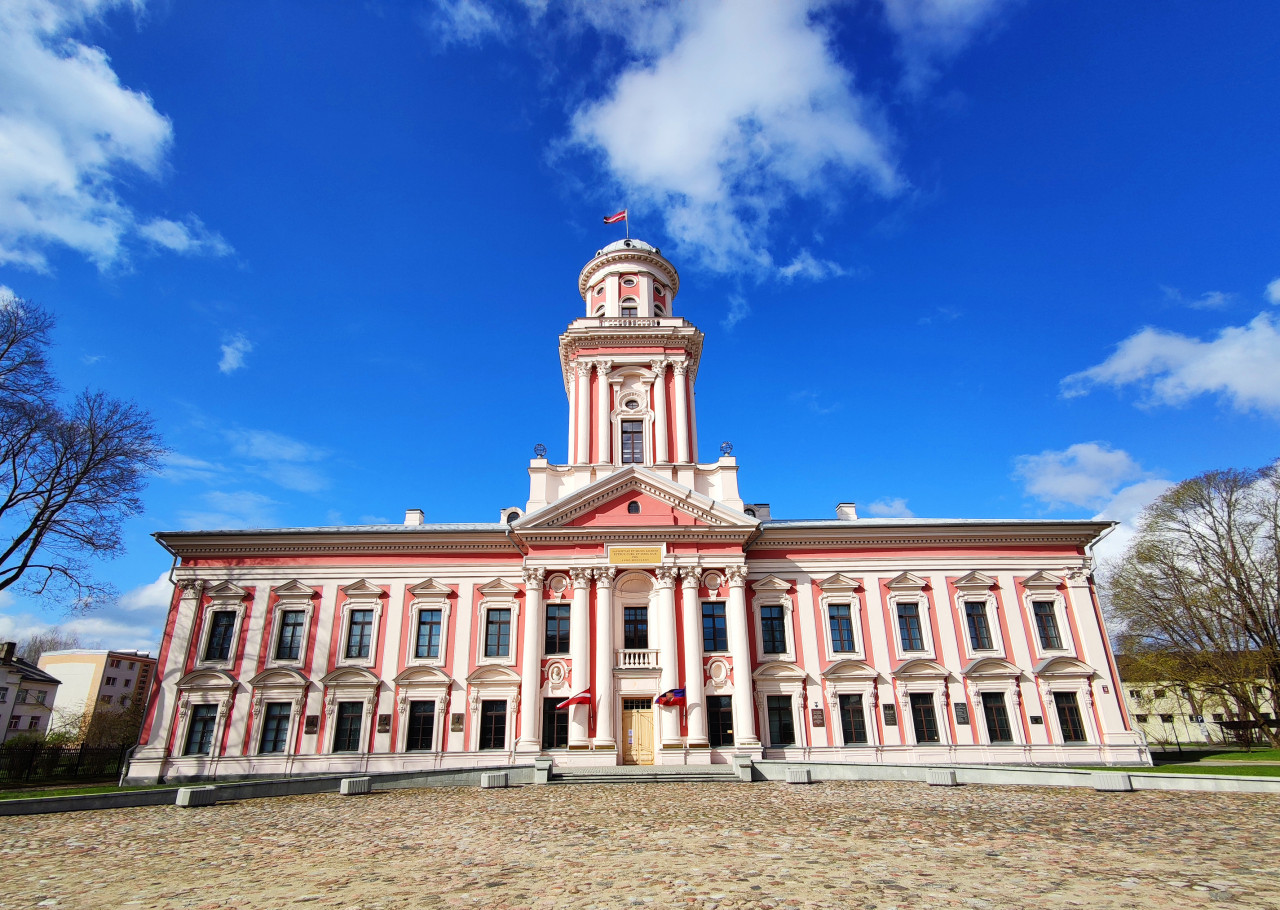
Steps: Jūrmala
A relaxing day in the seaside resort of Jurmala. Its long sandy beach lined with pine trees invites you to take a stroll. You can easily continue your stroll through the town's narrow streets, filled with wooden houses of varying architectural origins: Russian, Finnish, Swedish and German.
Jelgava
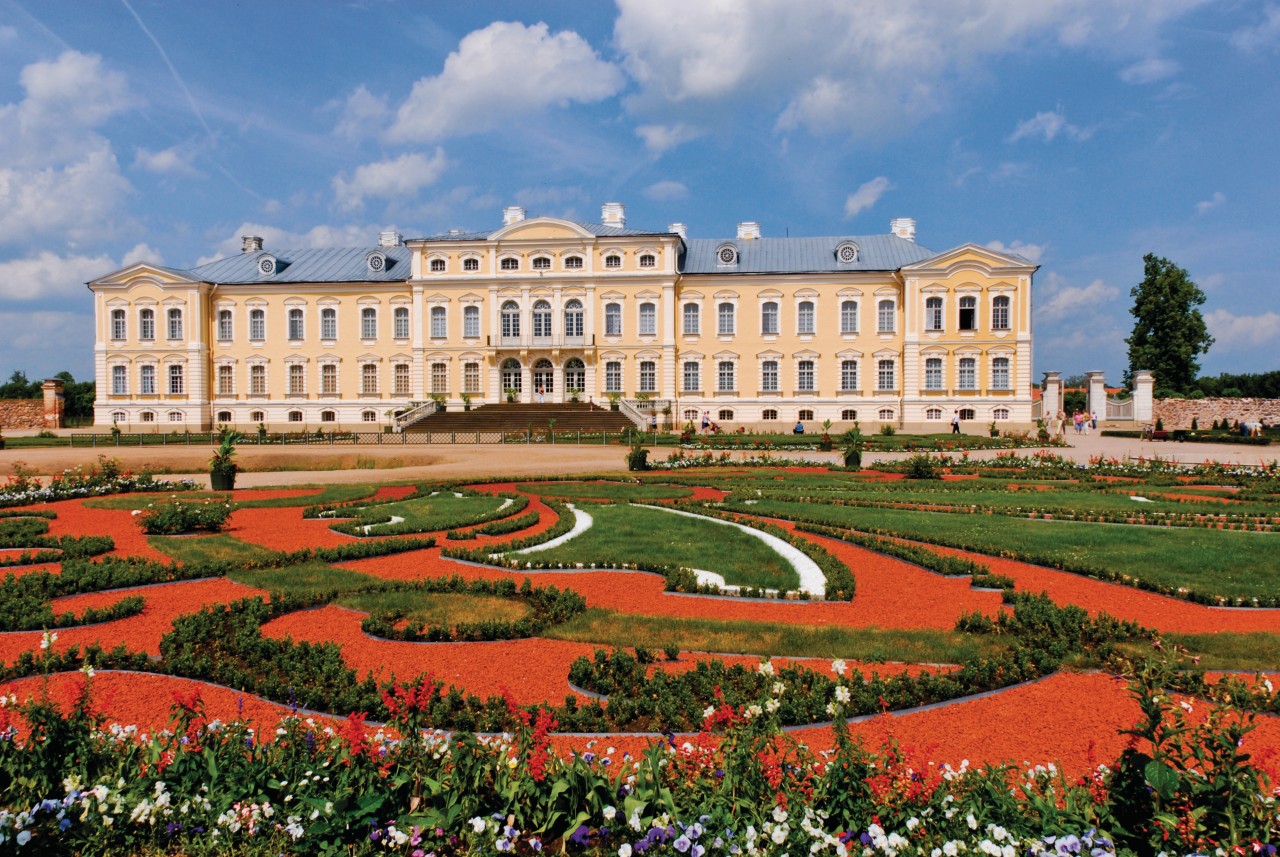
Steps: Jelgava
Bifurcate towards Jelgava where you can admire its Baroque castle and Orthodox church, both built on the orders of Catherine II according to the plans of the famous Italian architect Rastrelli.
Places of interest : ÉGLISE ORTHODOXE
Pilsrundale
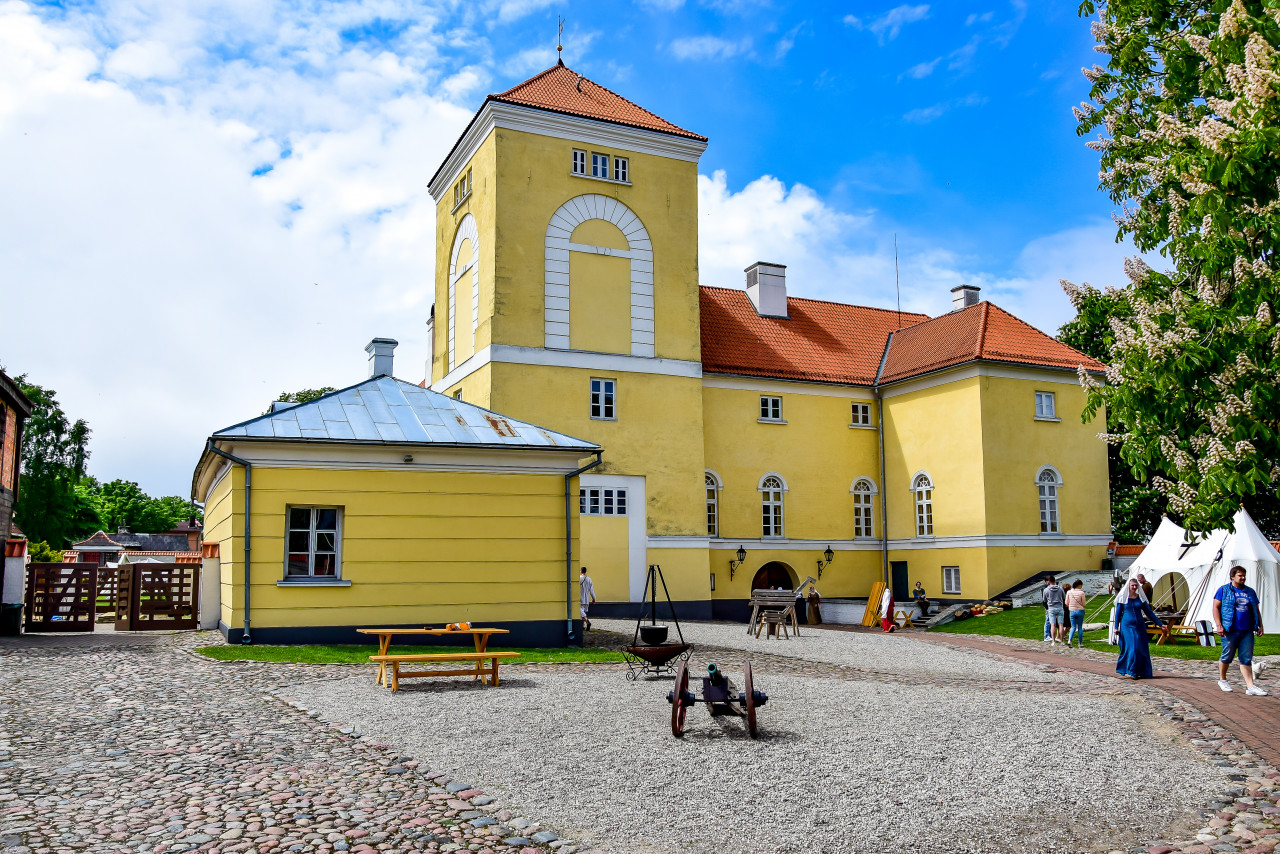
Steps: Rundale
Continue south to Pilsrundale, famous for . This palace was built in 1740, at the request of the Duke of Birzov, by Franscesco Bartolomeo Rastrelli, the architect responsible for the Winter Palace in St. Petersburg. It is without doubt the most beautiful palace in the Baltic region.
Places of interest : PALAIS DE RUNDĀLE (RUNDĀLE PILS)
Ventspils

Steps: Ventspils
Riga's rival, the capital of the coast. Visit the old town and the Livonian Order castle. Dine in the former Upis customs warehouse on the quayside of the old port. Stroll through the streets of the old town or the parks along the beach, and it's rare that there isn't a concert or show going on.
Places of interest : CHÂTEAU LIVONIEN
Liepaja
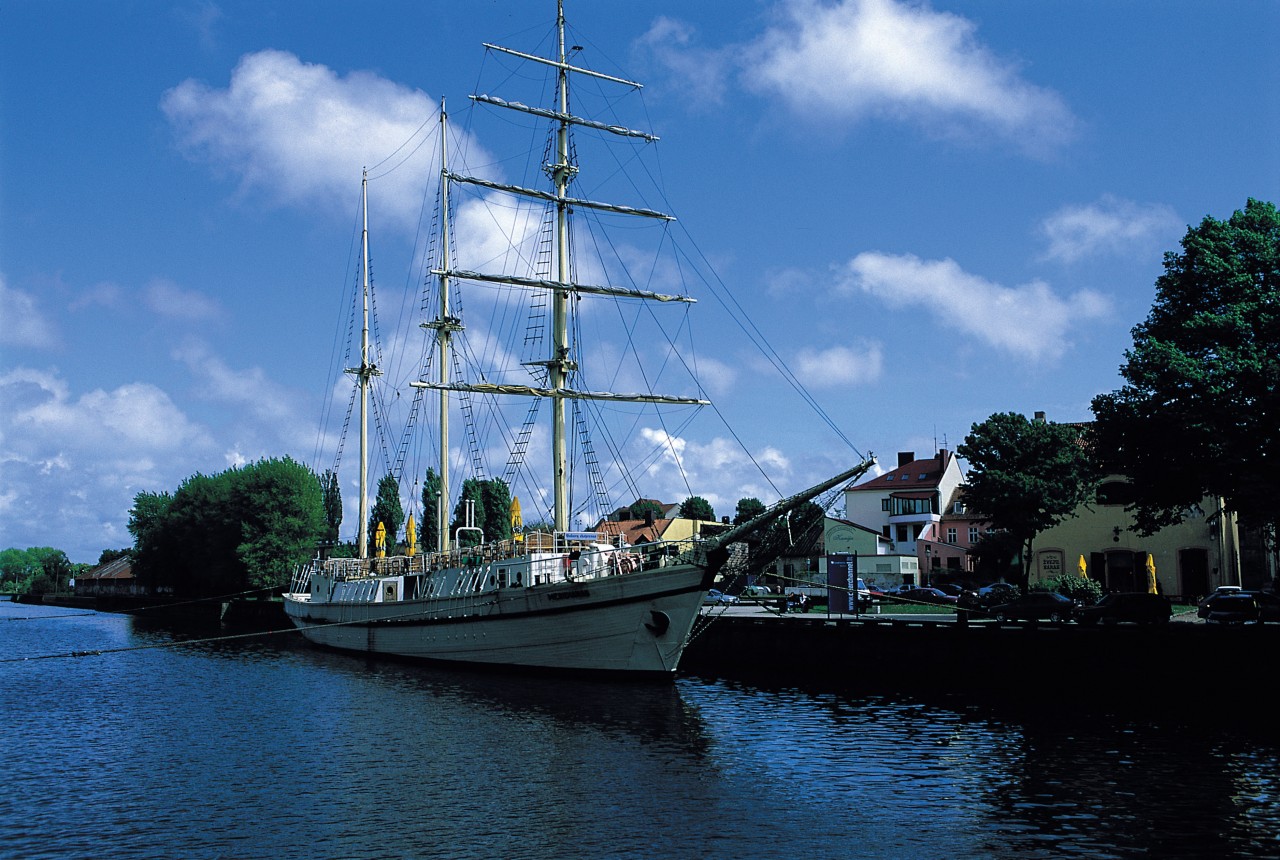
Steps: Liepāja
Extend your itinerary along the coast to Liepaja, the other major city on the west coast. This former forbidden city, which housed a Soviet naval base, is undergoing a complete renewal and its cultural life is no match for Riga's. If you are in an adventurous mood and like unusual situations, take part in the reality show at Karosta Prison. We suggest you live the life of a prisoner in the Soviet era, and know that this one is not pink... especially when you are a French spy!
Places of interest : PRISON DE KAROSTA
Klaipeda
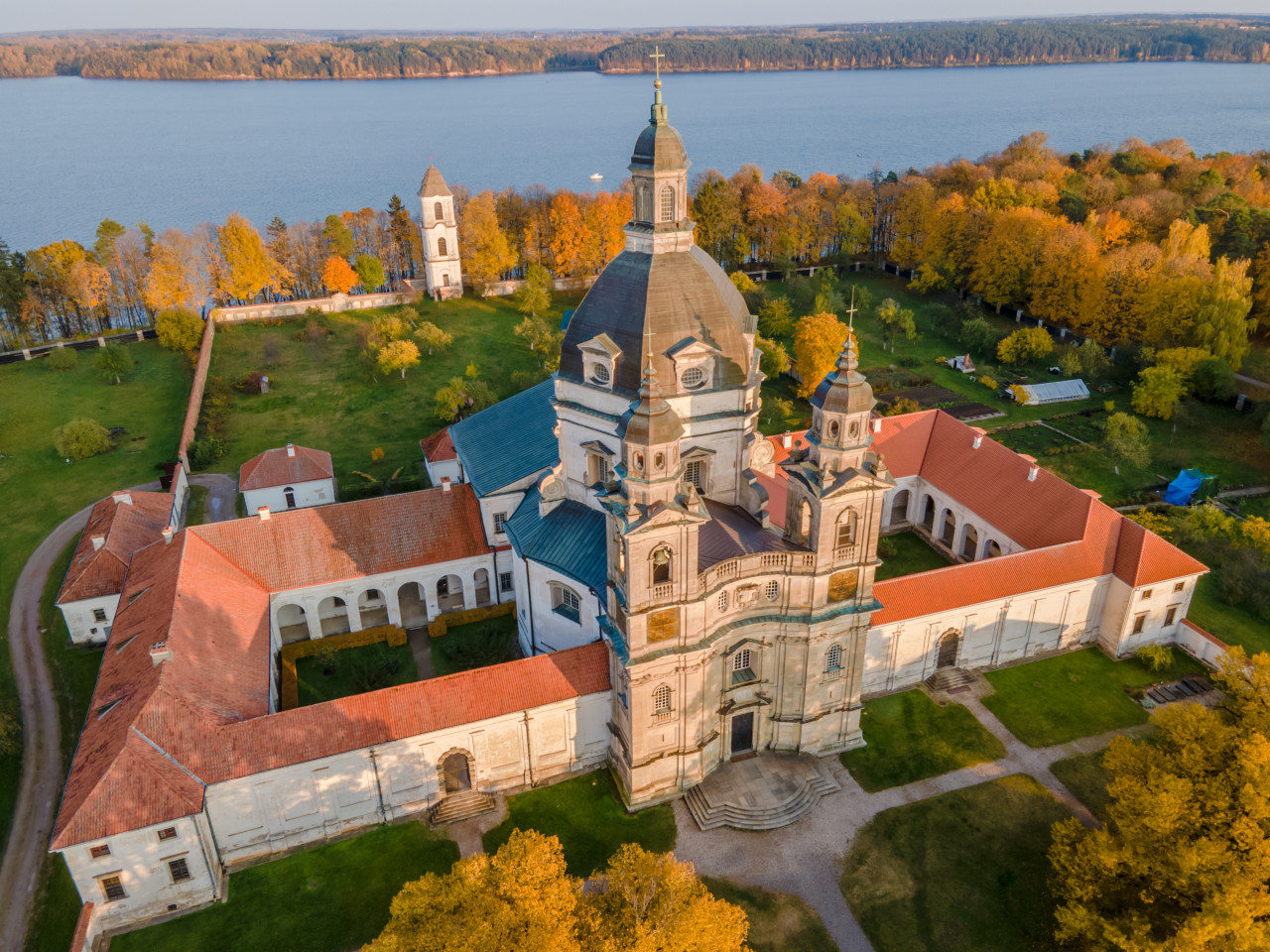
Steps: Klaipėda
Now you're in Lithuania! Klaipeda doesn't take more than a day to visit the old town. Svyturys beer! You can also visit the brewery, but you'll need to book in advance.
Rumsiskes

Steps: Monastėre De Pažaislis
Before visiting Rumsiskes, a visit to the baroque monastery of Pazaislis is a must. From here, take the boat across the man-made lake to the open-air Rumsiskes Ethnographic Museum. It's a great way to discover the traditional architecture of the country's four main regions.
Places of interest : MUSÉE DE L'ETHNOGRAPHIE EN PLEIN AIR MONASTÈRE DE PAŽAISLIS (PAŽAISLIO VIENUOLYNAS)
Kernave
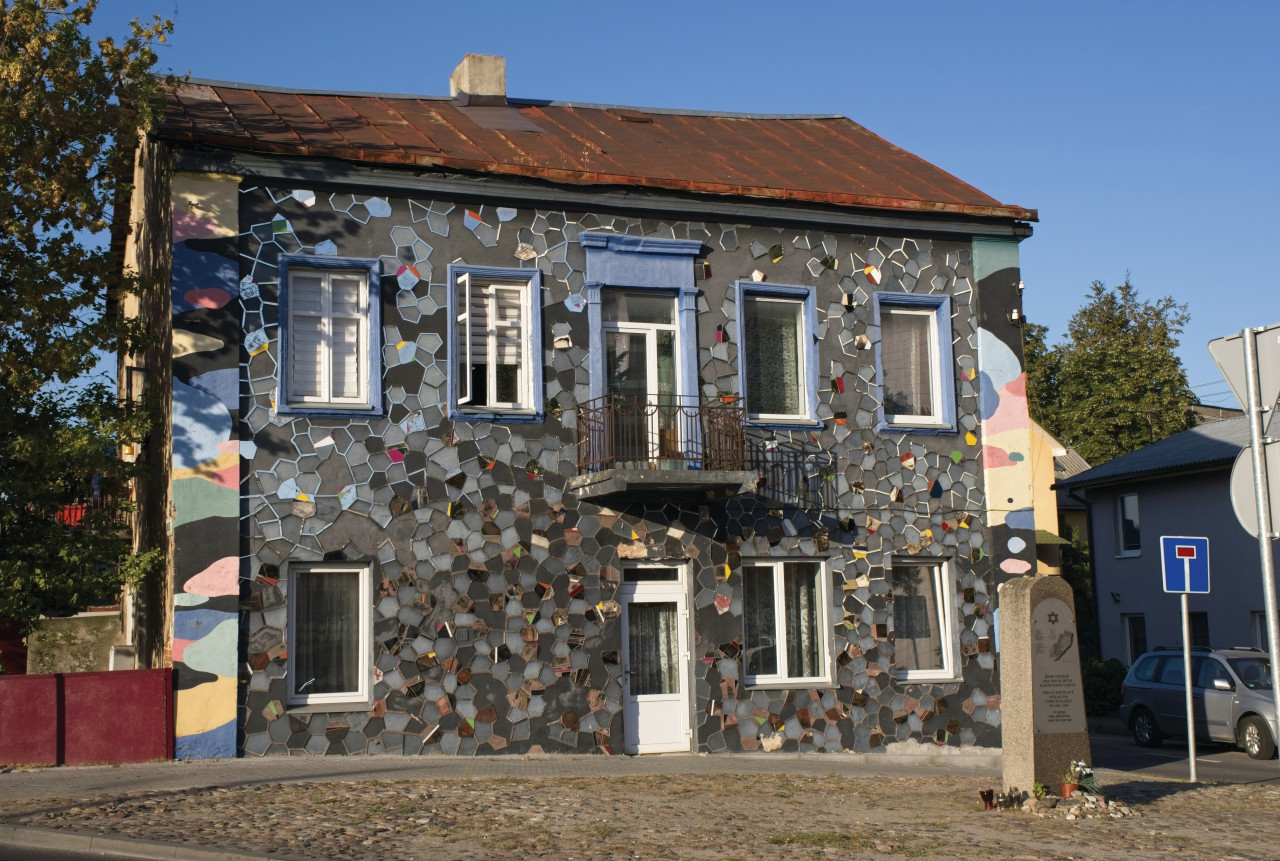
Steps: Kernavė
Just 40 km from Vilnius, this small village is surrounded by the Neris valley and its many hills. After a tour of the village and the former kolkhoz, it's time to take to the paths for a short walk, or even a picnic, in an exceptional natural site, listed as a Unesco World Heritage Site.
Kaunas
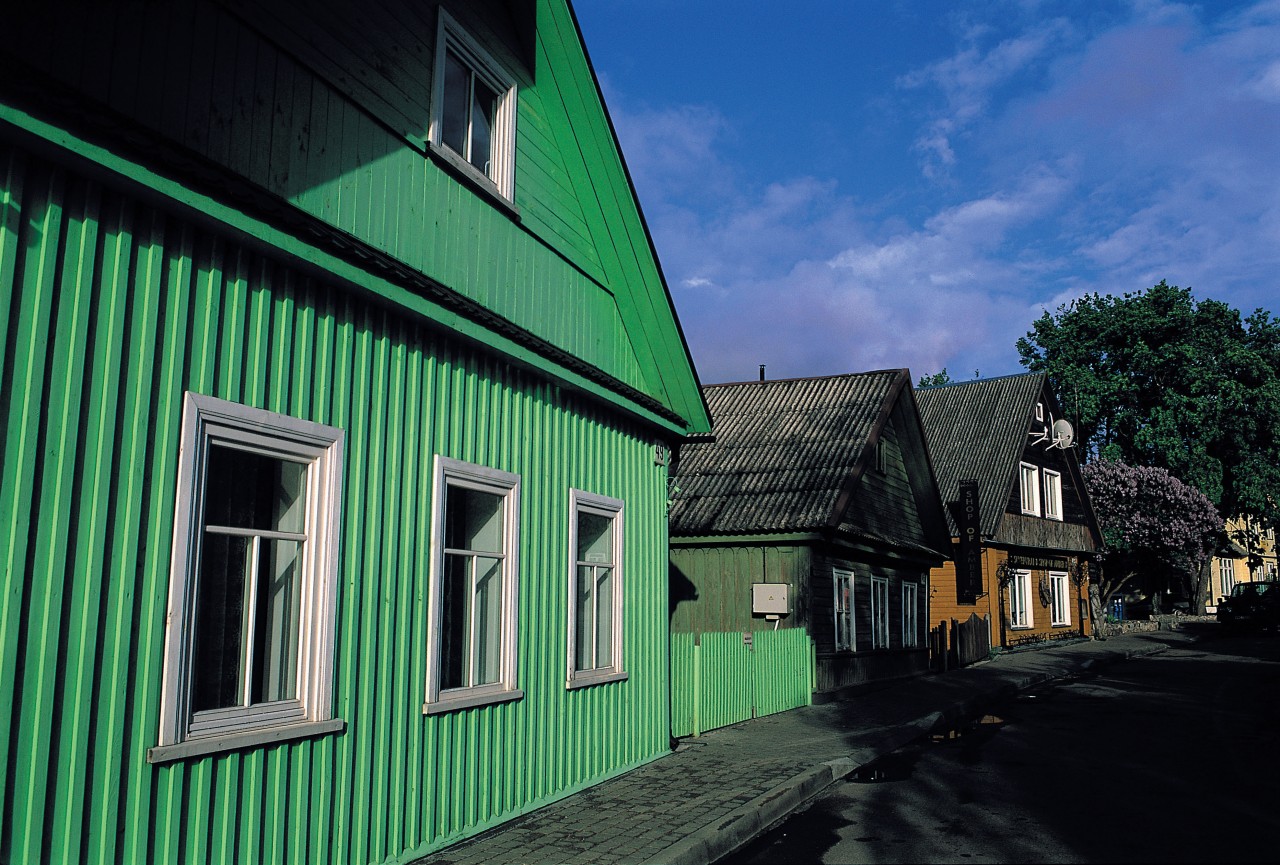
Steps: Kaunas
Kaunas, the country's second-largest city and former capital between the wars, is well worth a visit. Its old town, castle and pedestrian street are very pleasant. The city's museums are well worth a visit, particularly the Pharmacy Museum and the picturesque Devil's Museum.
Places of interest : MUSÉE DE L'HISTOIRE DE LA PHARMACIE ET MÉDECINE
Trakai
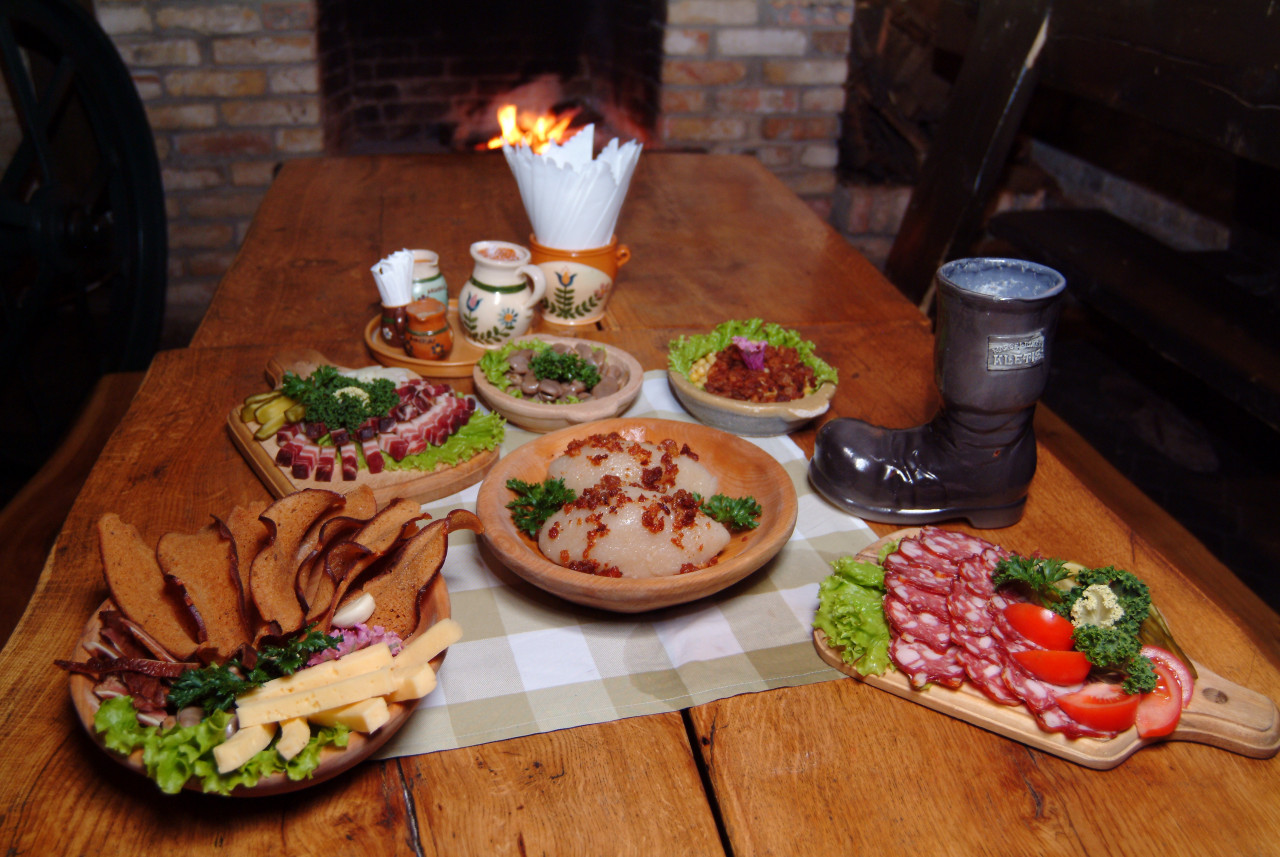
Steps: Trakai
Trakai is a small town 28 km from Vilnius, famous for its lake and fortified castle, and was for a time the capital of the Duchy of Lithuania. The program includes a visit to the castle and the Karaite Ethnographic Museum, to learn more about this Lithuanian minority. If the weather is fine and warm, you can take a dip in the lake or hire a boat for a trip along the water's edge. After lunch, take the road to Riga (3 hours) and, a few kilometers after the border at Bauska, follow the signs to Rundale Castle. Located 80 km from Riga, this palace was built in 1740, at the request of the Duke of Birzov, by Franscesco Bartolomeo Rastrelli, the architect responsible for St. Petersburg's Winter Palace. It is without doubt the most beautiful palace in the Baltic States.
Places of interest : CHÂTEAU ET MUSÉE DE TRAKAI MUSÉE ETHNOGRAPHIQUE KARAÏTE (KARAIMŲ ETNOGRAFINĖ EKSPOZICIJA)
The center of Vilnius
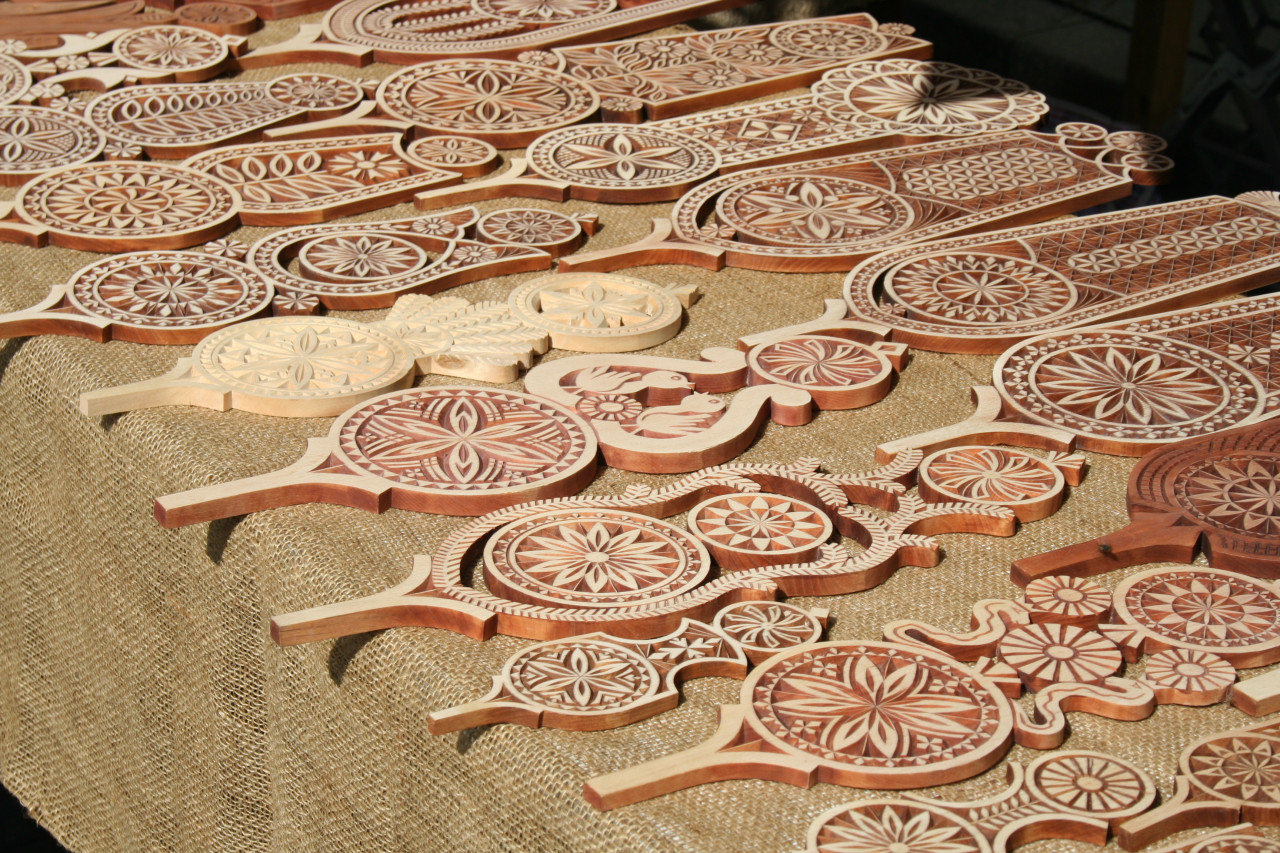
Steps: Vilnius
Start your visit in Cathedral Square, which you'll recognize by its imposing French classical style. Climb through the park to the Gediminas Tower overlooking the square. At the top of the tower is a belvedere offering a beautiful panorama of the city. Then take Gedimino prospektas, the Lithuanian "Champs-Elysées". Here you'll find the Museum of the Victims of Genocide, more commonly known as the " KGB Museum ", a moving reminder of the hellish life of political prisoners under Soviet occupation. After strolling through Gedimino, leave Cathedral Square and head up Rue Pilies, a street full of restaurants and cafés, where you can take a break on one of the terraces. Continue your ascent along rue Didzioji, which leads to the town hall square. From the square, you'll see St. Casimir's Church, recognizable by its crown-shaped steeple and its pink color. Walk past the Hotel Astorija up to the Porte de l'Aurore.
Places of interest : TOUR DE GEDIMINAS ET MONT GEDIMINAS PORTE DE L'AURORE (AUŠROS VARTAI) AVENUE GEDIMINO (GEDIMINO PROSPEKTAS) MUSÉE DES OCCUPATIONS ET LUTTES POUR LA LIBERTÉ CELLULES DU KGB (KGB VANGIKONGID) RUE PILIES (PILIES GATVĖ) EGLISE SAINT-CASIMIR
